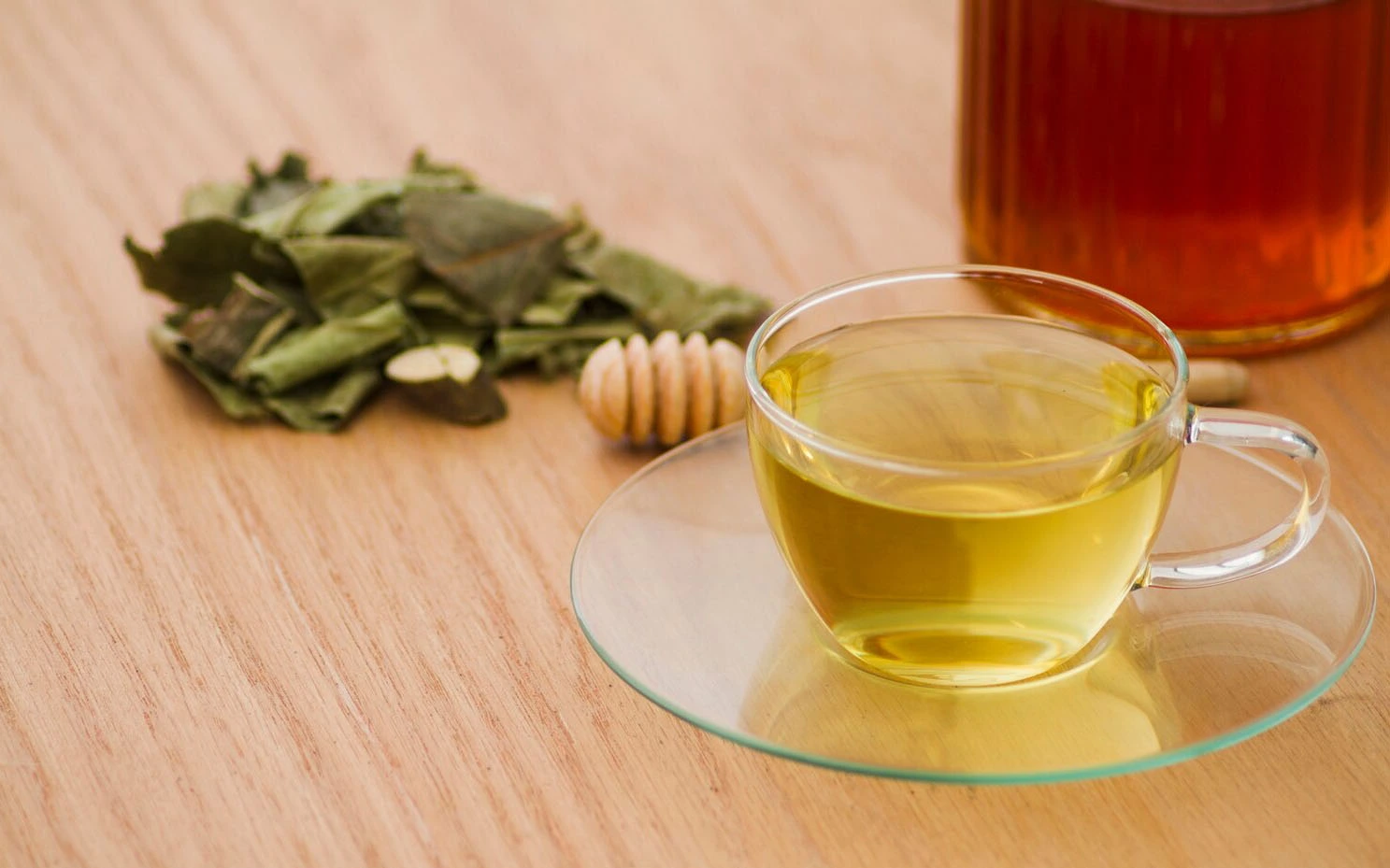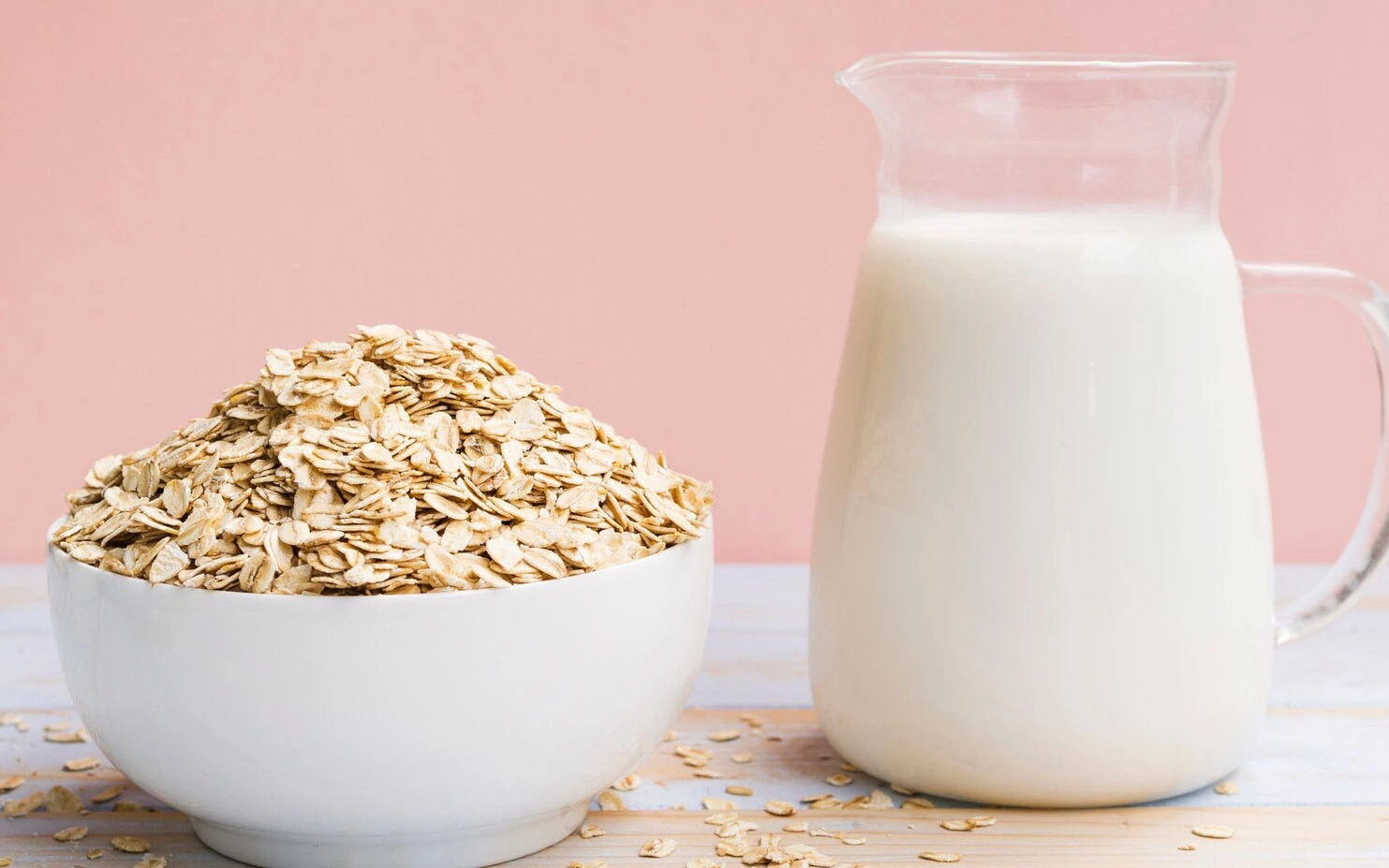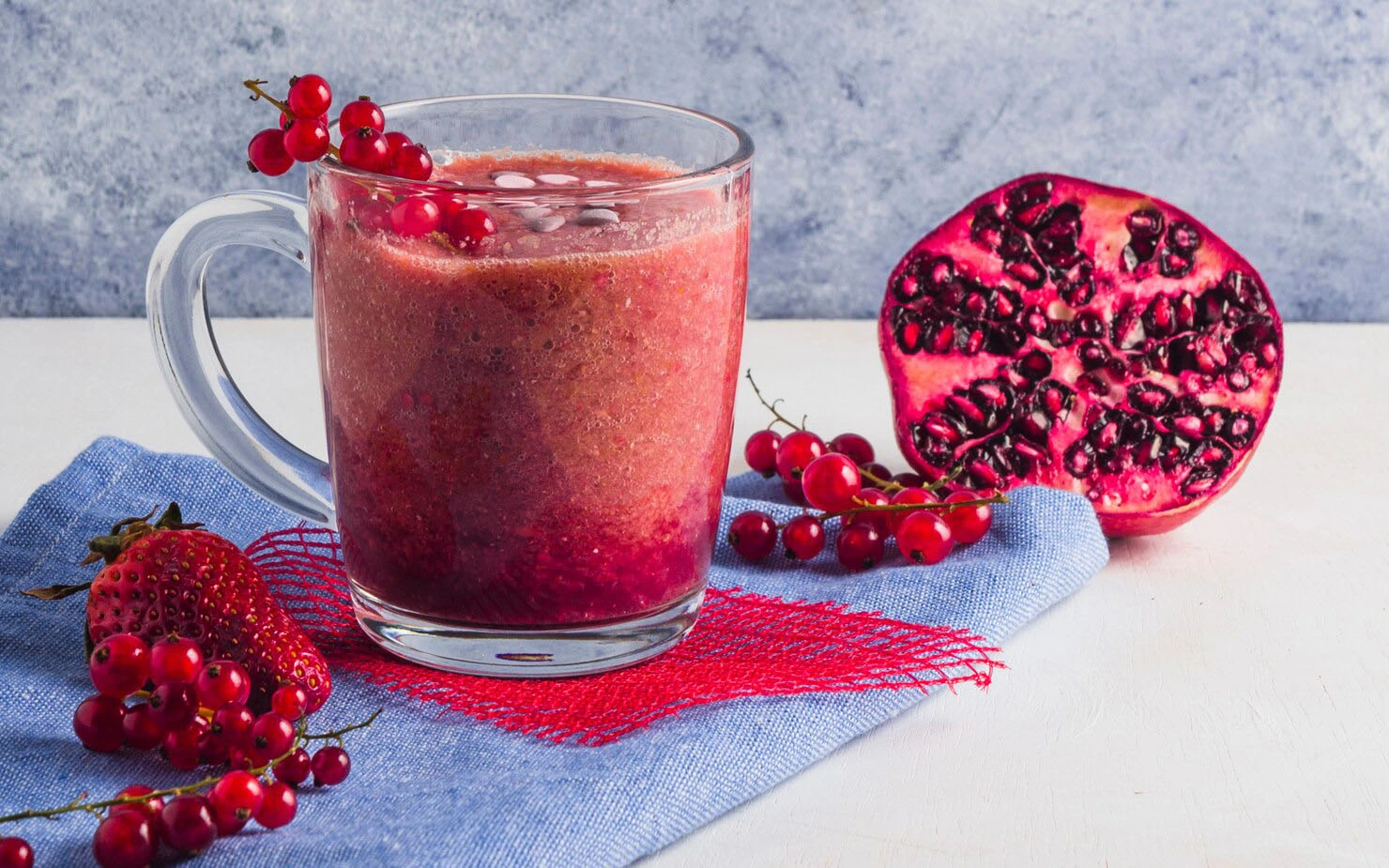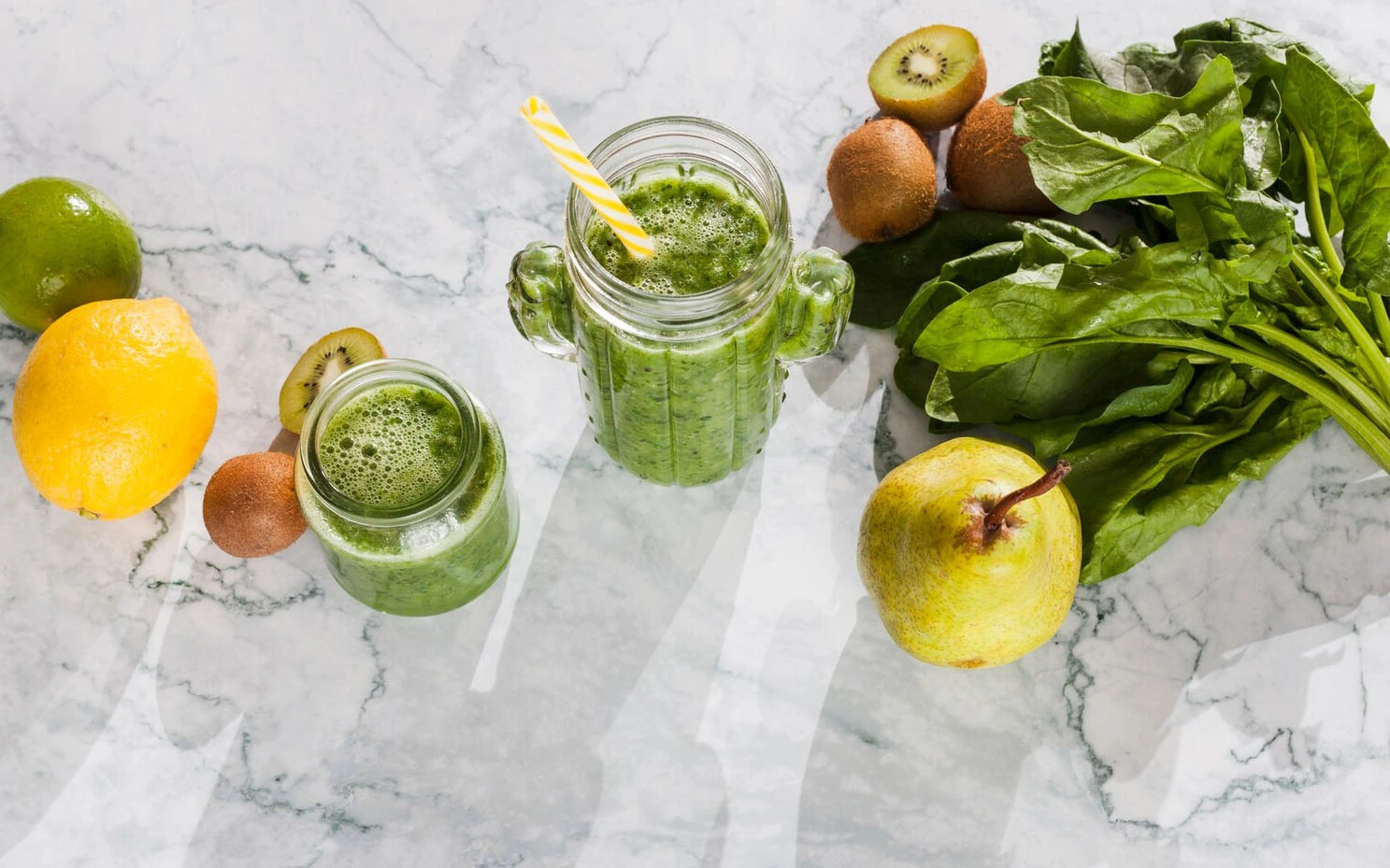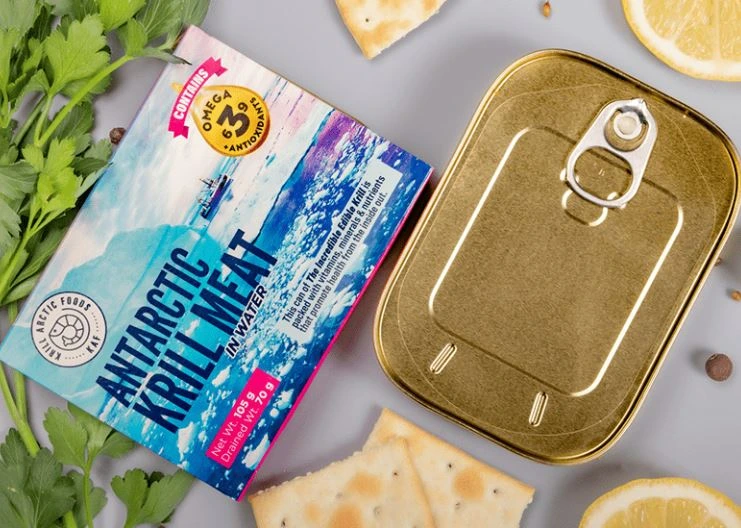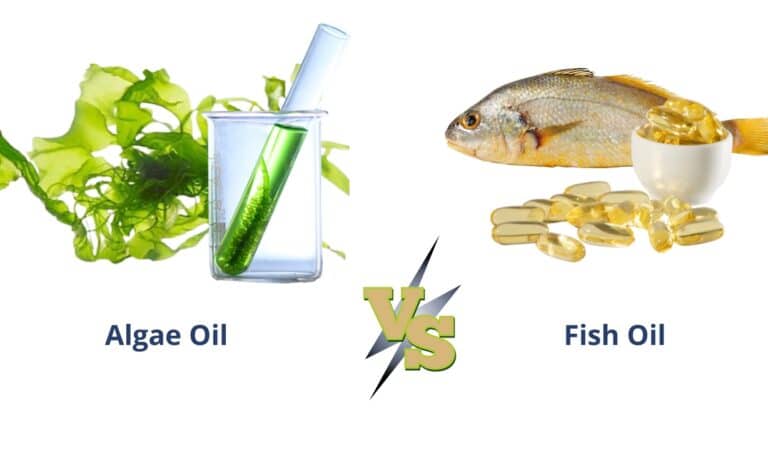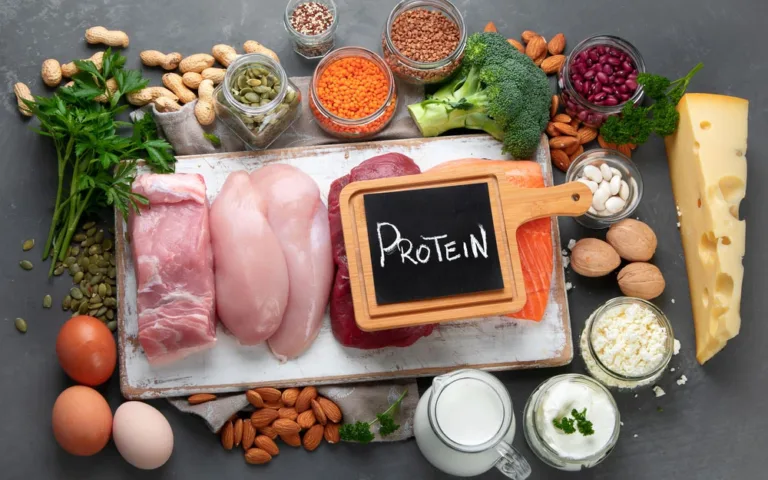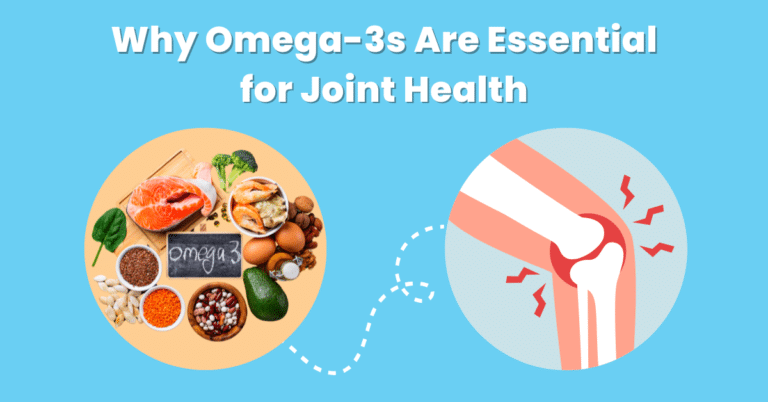To maintain a healthy lifestyle, managing cholesterol levels is a critical aspect many aim to achieve. High cholesterol levels are a major risk factor for heart disease and stroke; signs of high cholesterol on the face can be seen, which leads individuals to seek effective strategies to keep these levels in check. Natural remedies and dietary changes such as low-cholesterol meals are increasingly popular, offering a holistic approach to health management. This blog explores the potential of natural drinks and supplements, such as krill oil, in reducing cholesterol levels, providing a closer look into how integrating these into your diet can make a significant difference.
The Importance of Managing Cholesterol
Cholesterol, a waxy substance in your blood, is essential for building healthy cells. Excessive cholesterol in your body can result in the formation of fatty deposits in your blood vessels. This can make it difficult for adequate blood flow through your arteries. With time, these deposits can rupture suddenly and form a clot, which can cause a heart attack or stroke. Hence, managing cholesterol levels is not just about improving your numbers; it’s about protecting your heart and overall health.
Natural Drinks To Lower Cholesterol
Incorporating drinks made from natural ingredients into your daily diet can help you reduce cholesterol levels in your body. Natural ingredients such as fruits, vegetables, and herbs contain high levels of antioxidants and fibre that can help reduce the buildup of cholesterol in your arteries and promote a healthy heart. If you want a natural and effective way to improve your cholesterol levels, incorporate these drinks into your daily routine.
Green Tea
Green tea is popular for its health benefits, including its ability to lower cholesterol levels. Research suggests that green tea’s antioxidants, particularly catechins, can help reduce LDL (bad) cholesterol and increase HDL (good) cholesterol, improving overall heart health. Drinking green tea daily can be a simple and effective way to contribute to your cholesterol management plan.
Oat Milk
Oats are a great source of soluble fiber, which is known to reduce cholesterol absorption in the bloodstream. Oat milk, made from whole oats and water, retains some beneficial fibers. Incorporating oat milk into your diet, whether in smoothies, cereals, or on its own, can naturally help lower LDL cholesterol levels.
Pomegranate Juice
Pomegranate juice is loaded with antioxidants that can provide immense health benefits. Numerous studies have shown that regular consumption of pomegranate juice can help lower “bad” LDL cholesterol levels while increasing “good” HDL cholesterol levels, thanks to its high polyphenol content. However, it’s important to note that pomegranate juice contains a relatively high amount of sugar, so it’s essential to consume it in moderation as part of a balanced diet.
Plant Sterol and Stanol Fortified Drinks
Some juices and plant-based milk are fortified with plant sterols and stanols, substances found in plants that help block cholesterol absorption in the body. Consuming foods and drinks fortified with plant sterols and stanols can significantly lower LDL cholesterol levels, making them a worthwhile addition to a heart-healthy diet.
Krill Oil And Cholesterol
In addition to these natural drinks, krill oil has emerged as a powerful supplement for managing cholesterol levels. Krill oil is derived from small crustacean krill found in the ocean and is rich in omega-3 fatty acids, particularly EPA (eicosapentaenoic acid) and DHA (docosahexaenoic acid). These omega-3s are known for their cardiovascular benefits, including the potential to lower triglyceride levels and possibly reduce LDL cholesterol while increasing HDL cholesterol.
Why Krill Oil?
Krill oil is distinct from other omega-3 supplements, like fish oil, due to its unique composition. Before adding krill oil to your diet, ask your health professional how much krill oil you should take. It contains phospholipids, which allow for better absorption of omega-3s in the body. Additionally, krill oil is a source of astaxanthin, a powerful antioxidant that may further contribute to its heart-healthy benefits.
Research on Krill Oil
Several studies have explored the impact of krill oil on cholesterol levels. A study published in “Nutrition Research” found that supplementing with krill oil significantly reduced total cholesterol more than fish oil, LDL cholesterol, and triglycerides while increasing HDL cholesterol in participants with high cholesterol levels. These findings suggest that krill oil could be an effective natural supplement for improving cholesterol profiles and supporting heart health.
Conclusion
Managing cholesterol levels is a critical component of maintaining heart health and reducing the risk of cardiovascular disease. Incorporating natural drinks such as green tea, oat milk, plant sterol and stanol-fortified juices, soy milk, and pomegranate juice into your diet can offer a natural way to support cholesterol management. Furthermore, supplementing with krill oil presents an additional natural strategy, with its rich omega-3 content and unique components like phospholipids and astaxanthin. It provides a promising option for those looking to improve their cholesterol levels naturally.
Frequently Asked Questions
Can regular exercise enhance the effects of natural drinks on cholesterol levels?
Regular exercise can complement the cholesterol-lowering effects of natural drinks by improving cardiovascular health and reducing LDL levels.
How does weight management impact the effectiveness of natural cholesterol-lowering strategies?
Effective weight management can amplify the benefits of cholesterol-lowering drinks and supplements, as maintaining a healthy weight is key to optimizing heart health and metabolic functions.
Are there any dietary considerations when using krill oil supplements for cholesterol?
When incorporating krill oil supplements into your diet, it’s essential to consider overall dietary fat intake and focus on a balanced diet rich in fruits, vegetables, and whole grains to maximize heart health benefits.


